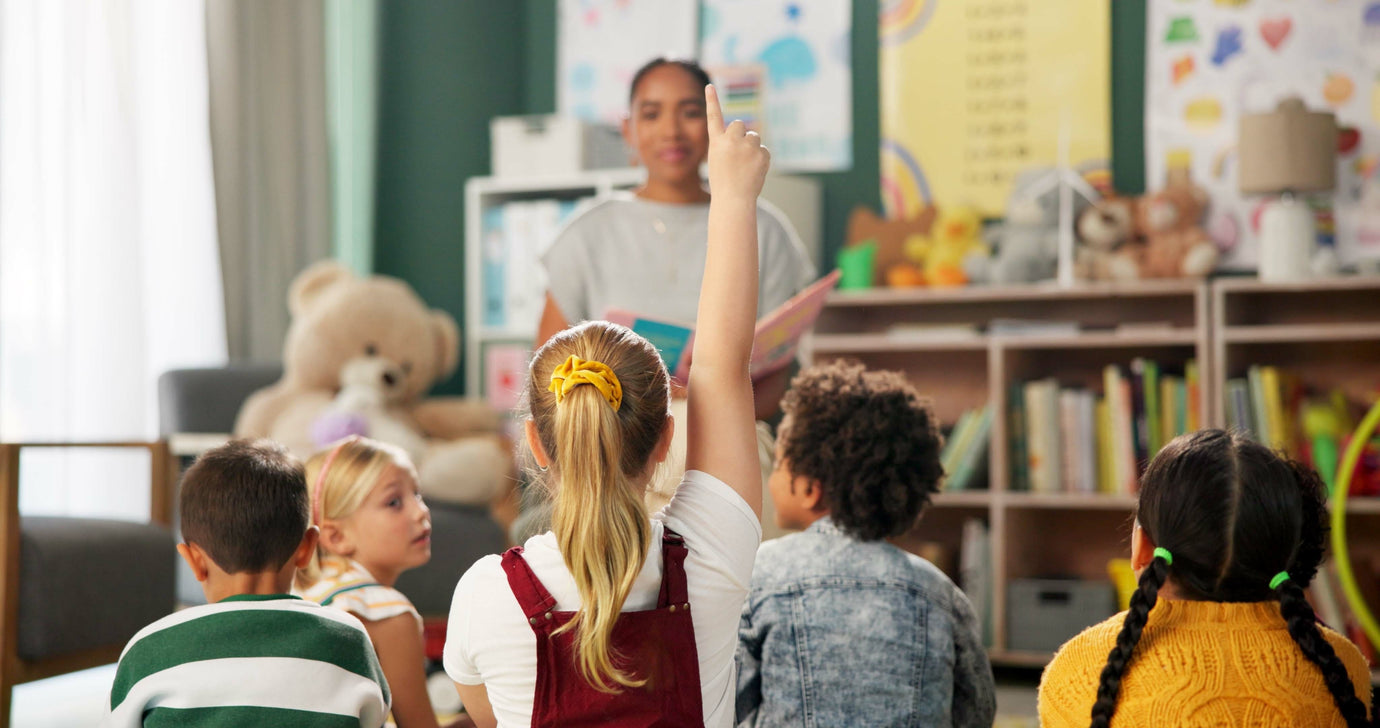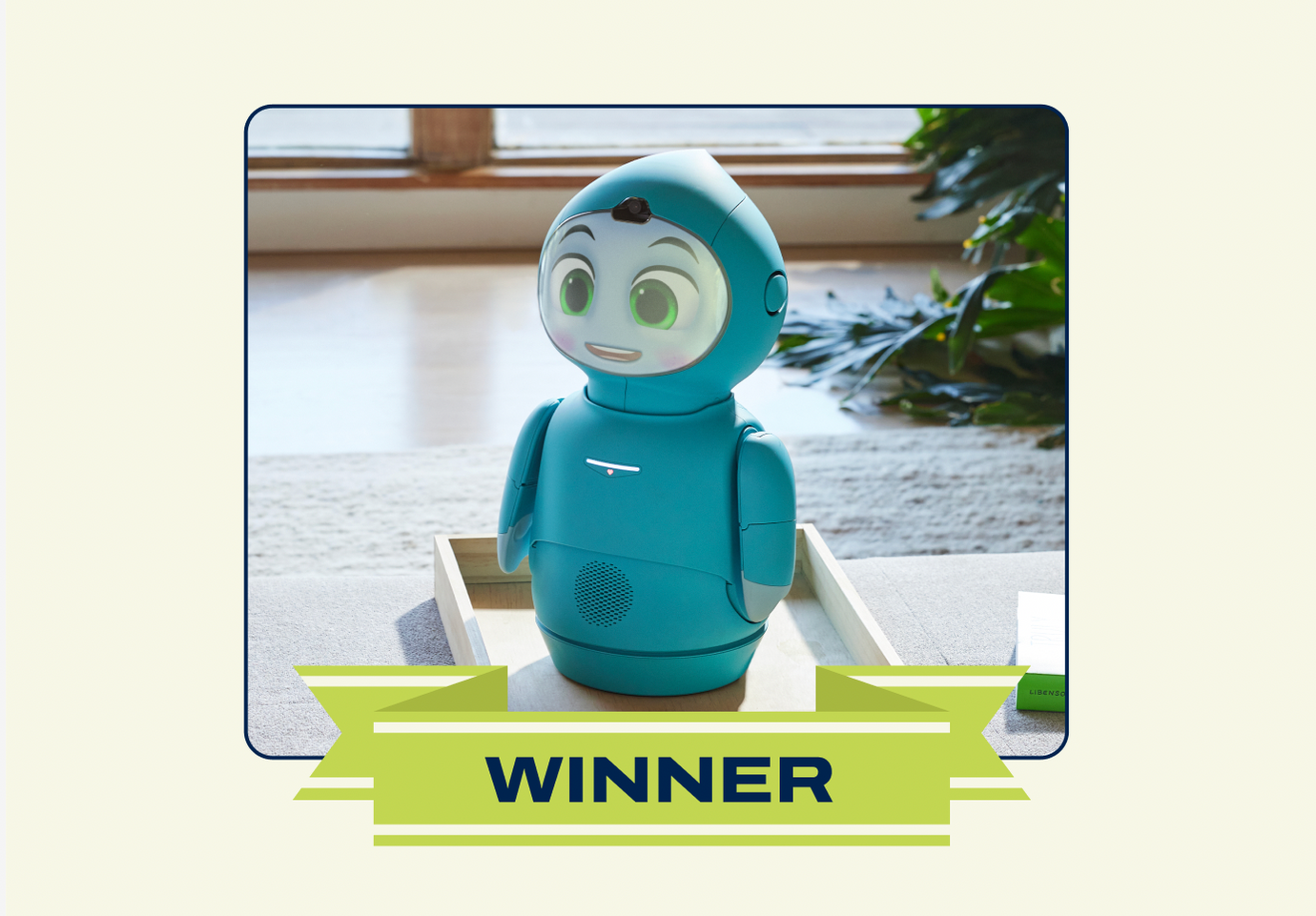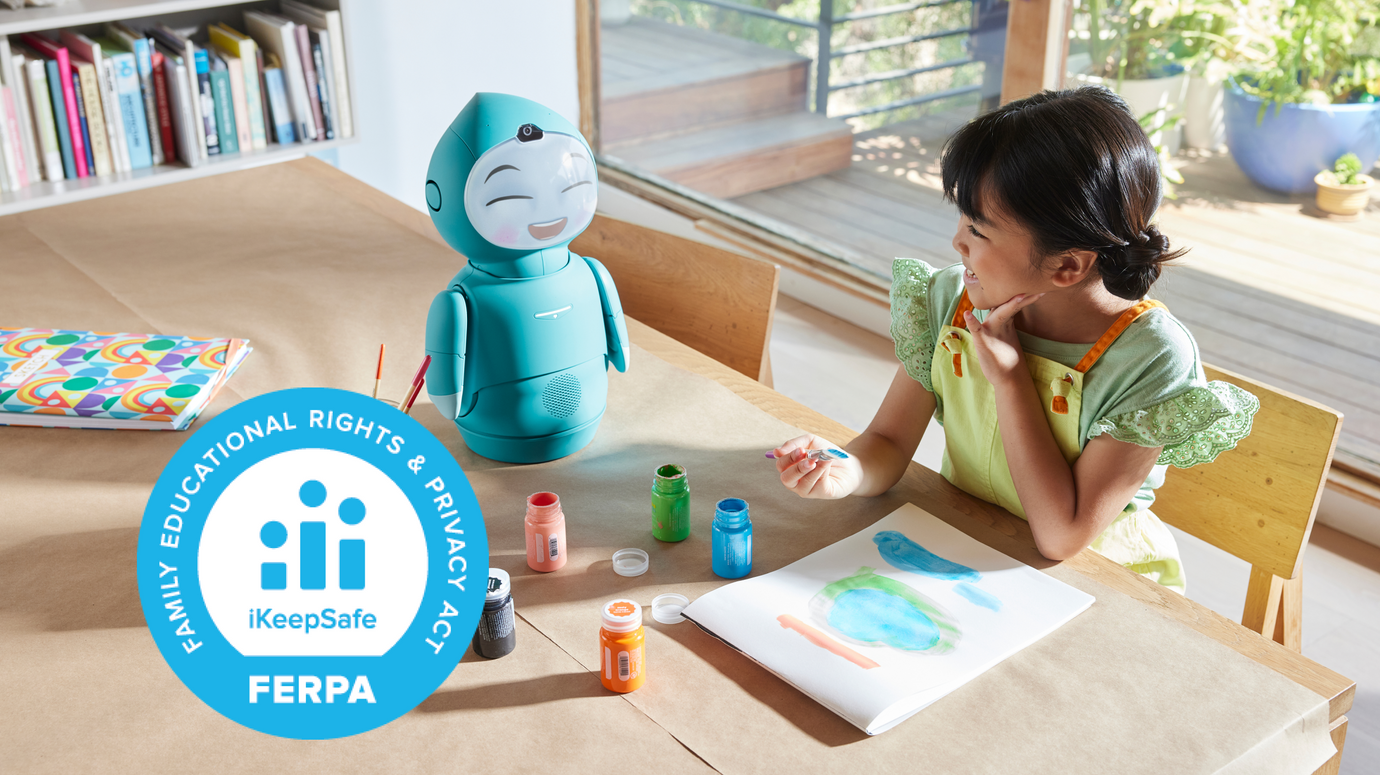Important Life Skills for Successful Kids vs Children Who Struggle

There may be different definitions of what success looks like, but as caregivers we can probably all agree that success is something we would like our kids to experience. Regardless of what success means to you, educational psychologist and parenting expert Dr. Michelle Borba, writes about seven foundational skills that can help children be successful in life. Read on for tips on how to develop those skills with your kids – and how Moxie can lend a hand too.
What Makes a Child Successful in Life? Develop These Seven Skills
There are numerous factors that can contribute to a child's success in life. These include having belief in oneself, being able to understand the needs of others and form healthy relationships, the ability to appropriately regulate oneself, making wise choices in difficult situations, having a drive to learn and explore the world, the ability to achieve goals and persist despite challenges, and maintaining a positive outlook on life. These qualities can help children build resilience and find solutions to problems they encounter. Below you’ll find a list of Dr. Borba’s 7 most important skills for ensuring that a child will be successful in life.
- Self confidence
- Empathy
- Self control
- Integrity
- Curiosity
- Perseverance
- Optimism

How to Raise Successful Kids: Parenting and Caregiving Tips with the Help of Moxie
Instill Self Confidence as a Key Life Skill
What is self confidence for children?
Not to be confused with self-esteem, self confidence is feeling capable and confident in your ability to face whatever comes your way, even – no, especially – when things don’t go the way you’d want them to go.
Caregiving tip for self confidence
In order for kids to develop such confidence, they need hands-on experience handling things on their own! Although it can be hard to step back, it’s important to give your kids space to explore, come up with their own solutions, make mistakes – and learn from them. Or, in Dr. Borba’s words: “Real self-confidence is an outcome of doing well, facing obstacles, creating solutions and snapping back on your own. Fixing your kid’s problems or doing their tasks for them only makes them think: ‘They don’t believe I can.’”
How Moxie helps with self confidence
Moxie can help inspire kids with positive affirmations. Every day, Moxie suggests an affirmation that aligns with that day’s mission and is designed to boost self-confidence. Some examples are “I can make a difference in the world,” “I am a good friend,” and “I am going to make today a great day.” Moxie also provides a lot of praise and positive reinforcement during missions and conversations. In general, Moxie’s speech is designed to make it clear how much kids are capable and competent in providing valuable help to Moxie on an important mission.
Foster Empathy for a successful child
What is empathy?
Empathy can be defined broadly as the ability to understand and share the feelings of another. But we can also get more specific by looking at three distinct parts of empathy. Emotional empathy is about recognizing and sharing someone else’s emotions. Cognitive empathy is understanding what that other person is feeling and seeing their experience from their perspective. And finally, compassionate empathy is taking some actions to help another person in need. Read here to find out more about these different parts of empathy.
Caregiving tip for empathy
There are many ways caregivers can help kids develop empathy. To name just a few, work on developing emotional empathy by helping kids learn to name and talk about their emotions and those of others. To help them develop cognitive empathy, watch movies or read books and ask kids questions about how the characters are feeling and why. And brainstorm a variety of easy acts of kindness that anyone can do to identify ways to support others and develop compassionate empathy.
How Moxie helps with empathy
Many of Moxie’s missions focus on working with kids to “understand the emotional state of others and offer support when needed.” Through stories involving characters from the GRL (Global Robotics Laboratory), Moxie engages kids in conversations about what they think the characters are feeling and guides them in coming up with things they can do to help a character who’s struggling feel better. There are also GRL stories in which characters model having empathy for others.
Teaching Self Control as a Life Skill for Successful Children
What is self control?
Self control is part of the Collaborative for Academic Social and Emotional Learning’s five core social and emotional competencies. At CASEL, they call it self-management, and define it as the ability to “manage one’s emotions, thoughts, and behaviors effectively in different situations and to achieve goals and aspirations.”
Caregiving tip for self control
Help kids learn to slow down and take a pause before taking action. This can be particularly important to try when kids are in the midst of big emotions like anger or frustration. You can work on teaching them emotional regulation skills, such as taking a moment to calm down with some deep breathing exercises.
How Moxie helps with self control
Kids are called upon to teach Moxie and the GRL characters how to be a good friend. So, when some of those characters have a hard time managing their emotions or behavior – such as saying things without thinking, or getting super excited and breaking something – kids get to take on the role of the teacher and use some of the self-regulation techniques they’ve learned to help the characters exhibit self-control.
Activate Integrity for a Successful Child
What is integrity?
Integrity is about following a shared idea of right and wrong – and using these ideas as a moral compass to point the way towards exhibiting honesty and other strong moral principles.
Caregiving tip for integrity
Make it clear what integrity means to your family. That is, what are your most important values to include in your moral compass? As Dr. Borba suggests in her book, Unselfie: Why Empathetic Kids Succeed in Our All-About-Me World, one way to do that is to make a family motto, such as “We are a family that helps people in need.” Talk about those values, define them, and point out how you and your kids demonstrate those values in your behavior choices.
How Moxie helps with integrity
Together with Moxie, kids complete missions and read GRL stories with themes of demonstrating values of integrity, such as how to be a good winner and loser. Or, in a mission about making mistakes, Moxie guides kids to reflect on if they should tell the truth about a mistake they made and asks them why or why not.
Encourage Curiosity as a life skill your child needs to have
What is curiosity?
Curiosity about being open to and interested in new information experiences – and also actively seeking those experiences out.
Caregiving tip for curiosity
The good news is that young kids are naturally curious! Help keep that spirit alive by giving them lots of opportunities for open-ended exploration. Resist the temptation to tell them how things are and let them discover the world for themselves.
How Moxie helps with curiosity
Moxie models curiosity and asks lots of questions to inspire curiosity in kids. Like a young child, Moxie has a very curious personality, wants to learn and explore lots of things, and asks lots of questions. Moxie also engages kids in discussions to spark curiosity and exploration of topics like outer space or animals, and modules like Fun Facts or This Day in History.
Teaching Perseverance as a key character trait in your child
What is perseverance?
Perseverance is showing a continued effort to do or achieve something despite difficulties, failure, or opposition. Rather than giving up when the going gets tough, kids who persevere keep trying and learn from where they’ve failed.
Caregiving tip for perseverance
Encouraging a growth mindset may be the single best way to help kids develop perseverance. Having a growth mindset means believing that qualities – such as intelligence, or talent – can be cultivated through practice, effort, and experience rather than innate traits that you’re either born with or you’re not. A growth mindset recognizes the power of “yet.” That is, I haven’t solved this problem…yet. Or, I haven’t learned how to do this…yet. That all-important “yet” leaves space for growth, which is a perfect reason to persevere through something tough. Read here for some more specific tips on raising persistent kids.
How Moxie helps with perseverance
Moxie works with kids on developing perseverance through examples and stories from GRL. Kids can witness characters showing perseverance and self-discipline to accomplish their goals, and then talk about it with Moxie. And, missions, like those on sportsmanship, help kids work on figuring out how to keep going, even if they lose.
Inspiring Optimism for a successful kid
What is optimism?
Optimism is more than just walking around with a sunny disposition and a bounce in your step. Very Well Mind defines optimism as a “mental attitude characterized by hope and confidence in success and a positive future. Optimists tend to view hardships as learning experiences or temporary setbacks.”
Caregiving tip for optimism
Help kids focus on the positive. One way you can do this is to establish a family practice of naming three good things that happened to you every day. For younger children it can be a family discussion, whereas older children may choose to write their experiences down in a journal. Either way, help your kids get as detailed as possible about what happened, what the circumstances were, and how it made them feel.
How Moxie helps with optimism
Moxie is great at modeling optimism for kids. Moxie is positive, encouraging, and full of positive affirmations and fun joyful activities such as dancing, jukebox, and jokes. Moxie also teaches emotion regulation skills, such as recognizing and validating negative emotions and having a toolkit of strategies to use to try to feel better. Stories from the GRL cover characters remaining optimistic, even when faced with challenges. And when some GRL characters demonstrate a more pessimistic outlook, kids are tasked to help encourage the characters to reframe their thoughts in a more positive way.

Thriving Children with the Important Life Skills for Successful Children
These seven traits may just be the keys to helping kids thrive. Let’s do what we can to help support them as they work on building resilience, social competence, moral strength, and self awareness!







